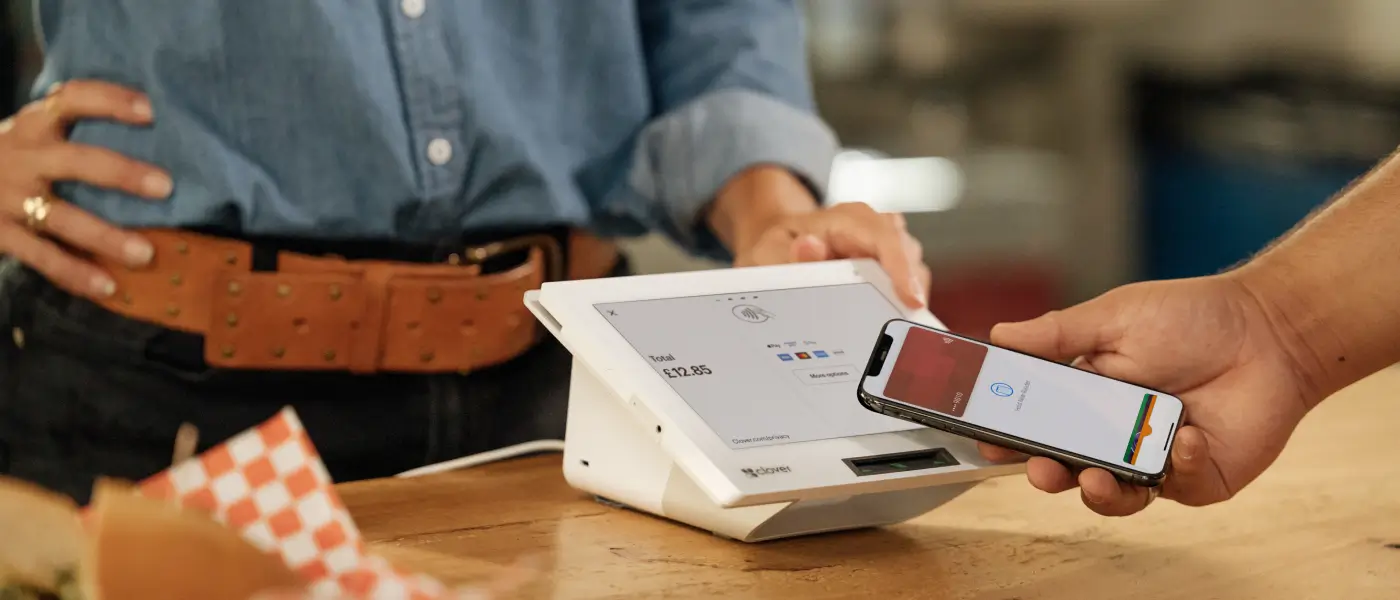
Table of Contents:
- Common Risks in Card Payments
- How to Ensure Secure Transactions
- Tools and Measures for Card Payment Security
- Protecting Your Business and Customers With Robust Payment Security
Common Risks in Card Payments
In the payment card industry (PCI), data security is a top concern. ‘As a small business, you are a prime target for data thieves’, warns the Payment Card Industry Security Standards Council (PCI SSC) in its Guide to Safe Payments Version 3.0. Supporting this claim, the organisation cites a Ponemon Institute survey revealing that 50% of small and medium-sized businesses (SMBs) experienced a data breach in the past 12 months.
Remaining PCI Compliant Is Essential to Mitigate Risks
Fraud and data theft remain significant risks for companieshandling card payments. Becoming and remaining PCI compliant is challenging for businesses of all sizes. Criminals frequently exploit weak security systems or human error to gain access to sensitive customer information. Achieving secure payments—online or in-store—requires the integration of technology, software and trained personnel.
How Criminals Exploit Gaps in Payment Card Industry Data Security Standards
One common issue is stolen card data. Fraudsters use this information for unauthorised transactions, leaving companies liable for losses. Another is phishing, where scammers trick staff into sharing payment details or login credentials. Businesses also face risks from the physical tampering of card readers, allowing criminals to obtain card details unnoticed.
Do secure payments online exist then? Yes, very much so, but cyberattacks on online payment systems are increasingly sophisticated. They exploit gaps in encryption or outdated software to intercept cardholder information.
To manage potential risks, companies must adopt robust, proactive measures to safeguard both in-store and online payment systems. Compliance gaps in Payment Card Industry (PCI) Data Security Standards (DSS) expose businesses to penalties and reputational damage.
How to Ensure Secure Transactions
Start by choosing secure card payment systems compliant with all Payment Card Industry data security regulations. This ensures all financial transactions and processes meet global standards for encryption and fraud prevention.
Payment Security Best Practices
Train staff to recognise suspicious transactions. For in-person payments, check the card format, verify signatures, and ensure PIN authentication is successful. For online transactions, use address verification systems (AVS) or card verification value (CVV) to confirm customer details match the card issuer’s records.
Cautiousness
Fraudulent behaviour often has warning signs. Be cautious of hurried purchases, especially involving high-value items, or people behaving oddly. In online scenarios, verify activity at unusual times. Check orders of an unusual type, size or from new customers.
Authorised Personnel
Maintaining secure data storage is equally critical. Cardholder information must always be encrypted and stored for the shortest time possible. Only authorised personnel should have access to sensitive data.
Tools and Measures for Card Payment Security
PCI DSS compliance underpins card payment security. You must follow these standards to protect customer data and avoid legal penalties. Encryption ensures payment details are tamper-proof during transmission, safeguarding transactions against interception.
Chip and PIN
Chip-and-PIN technology adds another layer of protection. It relies on secure chips embedded in cards and PINs unique to the cardholder, making duplication nearly impossible. This is a significant step forward from older swipe-and-sign systems.
3DS
Online transactions benefit from tools like 3D-Secure (3DS) Authentication. This system requires users to verify their identity through their bank, adding an extra security step. For example, customers may need to enter a one-time passcode sent to their phone.
Reliable POS Solutions
Advanced payment tools and platforms, such as Clover’sr point-of-sale (POS) solutions, integrate these measures seamlessly. Clover’s and similar systems support secure payments online and in-store by complying with industry-leading standards. This reduces your risk of fraud while meeting customer needs.
Protecting Your Business and Customers With Robust Payment Security
Shoppers value convenience but never at the expense of security. Prioritising card payment security safeguards your revenue and builds customer trust. Even small breaches can harm your reputation. Protected payment solutions, paired with best practices, help you create a safe shopping experience both online and in-store.
Contact us today for advanced POS technology that protects your business while providing peace of mind for your customers.



